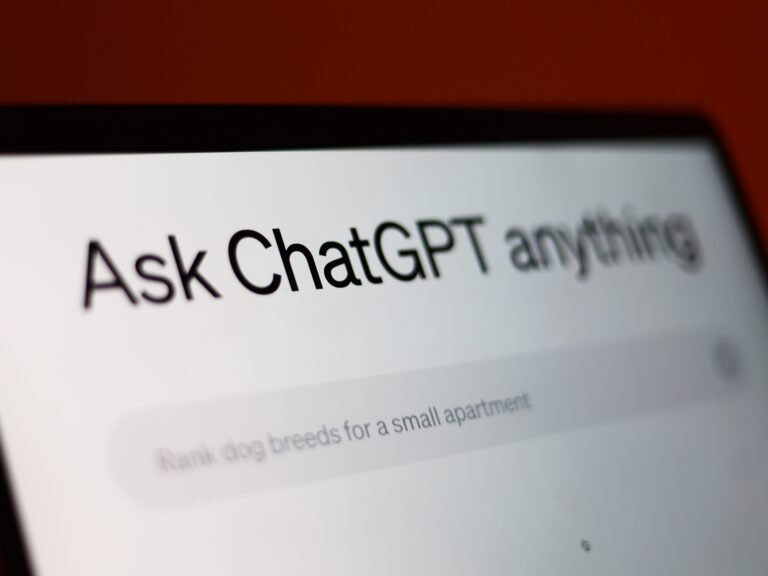
Inc.com columnist Alison Green answers questions about workplace and management issues—everything from how to deal with a micromanaging boss to how to talk to someone on your team about body odor.
A reader asks:
I recently hired a new administrative employee. His job is to answer phones, greet guests, and complete various tasks I assign to him. His customer service skills are strong, but his attention to detail is very weak. I have given him a lot of feedback and training, but he continues to make basic mistakes and misses almost every deadline I give him.
But he is constantly telling me how great a job he’s doing. He routinely tells me things like, “You are going to be so happy when I show you what I’ve done for you!” or “You are going to love me—I am making your life so much easier!” and then hands me a report that I have to spend a half-hour correcting. Yesterday, I told him to follow up with me when he completes tasks because I would rather he proactively inform me than wait for me to ask. His response: “As you know, I always complete tasks immediately [this is untrue] but I didn’t know you needed me to remind you of that. No problem at all!”
This behavior is really grating on me. His work product hasn’t improved and I’m starting to feel like he’s trying to manipulate me into not giving him corrections. I’m starting to struggle giving him feedback because I feel like he ignores me and I’m letting that affect my interactions with him.
Have I already arrived at the “this needs to improve or else” conversation? He started just two months ago. I want to give him time to learn and grow, but my patience is zapped.
Green responds:
I’m sorry, I laughed out loud at “As you know, I always complete tasks immediately [this is untrue].”
You do need to have the “this needs to improve or else” conversation. You’ve given him very basic feedback over and over, he’s not improving, and he misses almost every deadline you give him.
His overhyping of his own work makes this more concerning. If you could see that he was taking your feedback seriously, he understood that his work isn’t where it needs to be, and he was working hard to incorporate your feedback, I’d say sure, give him some time to work on mastering the job. But when he’s ignoring your feedback and telling you his work is superb when you’ve clearly told him it’s not, that’s a serious problem, and not the sort that time usually helps with.
However! There’s potentially some room for hope if you haven’t been completely clear with him. When you’ve given him feedback and talked about mistakes, have you been clear that the work isn’t at the level you need and that the pattern of mistakes is serious? And when he misses deadlines, have you told him clearly that it can’t keep happening? (For example: “This was due yesterday—what happened?” Followed by, “It’s really important that you turn in work by the agreed-upon deadline or tell me ahead of time if you’re worried about your ability to do that.”) If you haven’t done those things, it’s possible that this could turn this around.
A lot of managers in your situation think, “But I shouldn’t need to do that! He should know that missing a deadline is a big deal, and that he needs to take feedback seriously.” And indeed, he should. But many employees miss the cues that managers think are obvious—and when you’re frustrated with someone, the first step is to make sure that you’ve been really clear about the expectations you need them to meet. (In fact, whenever you’re feeling frustrated with an employee, that’s a flag to check how clear you’ve been.)
If you’ve done those things and this is still happening, then yes, it’s time for a serious conversation where you explain you can’t keep him in the job if you don’t see significant improvement on these fronts quickly.
Interestingly, I think you can do all of this without directly addressing the “I’m amazing” comments. By addressing the crux of the problem—his work is not what you need it to be—he’ll probably get the message that his self-hype isn’t in line with the reality. If he doesn’t, that’s not a great sign about how well he’s processing your message.
That said, if you want to address it, you can! You could say, “I was surprised to hear you say you always complete tasks immediately when I’ve shared my concern about a number of missed deadlines recently.” Or you can take the hype as statements of his intentions rather than what he’s actually done. For example, with his “I am making your life so much easier!” comment, you could refer back to that later with something like, “I know you want to make my life easier and I appreciate that—that’s what I want from your role as well. When you give me a report with errors that I have to spend half an hour correcting, that’s not happening. I need you to double-check your work before it comes to me so that you’re spotting and correcting your own errors and I don’t need to fix anything when it comes my way.”
But I think if you keep the focus on the gap between the work he’s producing and the work you need—and just consider the self-hype a strange and even amusing eccentricity—you’ll figure out pretty quickly if he can succeed in the job or not, and that’s what really matters.
Want to submit a question of your own? Send it to alison@askamanager.org.
—By Alison Green
This article originally appeared on Fast Company’s sister site, Inc.
Inc. is the voice of the American entrepreneur. We inspire, inform, and document the most fascinating people in business: the risk-takers, the innovators, and the ultra-driven go-getters that represent the most dynamic force in the American economy.


